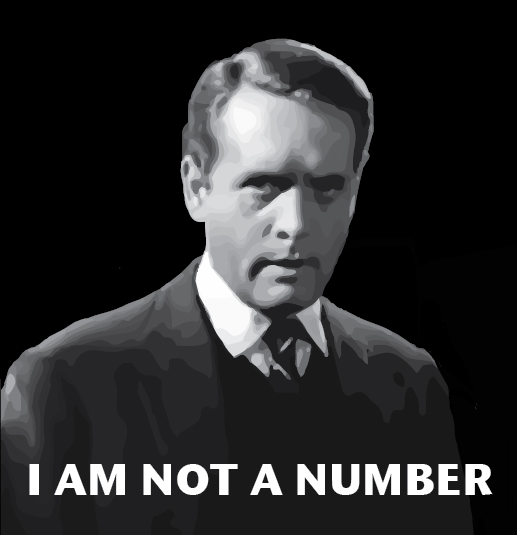The Secret (Research) Life of the London Underground
With the new Elizabeth line now open, we've delved into the Underground's rich research history.

Send us a link
With the new Elizabeth line now open, we've delved into the Underground's rich research history.

Welcome to the first post of a specialized and dedicated book blog series supported by Digital Science. All segments of research contribute to society and the publishing community needs to be in a place to support all forms of output.
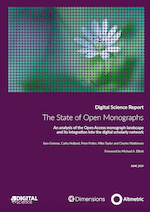
The State of Open Data 2019 report is the fourth in the series and includes survey results and a collection of articles from global industry experts.It is now the longest running longitudinal study on the subject, which was created in 2016 to examine attitudes and experiences of researchers working with open data - sharing it, reusing it, and redistributing it. This year's survey received a record number of survey participants with around 8,500 responses from the research community. While most trends are encouraging around the adoption and acceptance of open data, the research community is now demanding more enforcement of the mandates that have been adopted by many governments, funders, publishers and institutions around the world.The majority of researchers want funding withheld and penalties for a lack of data sharing.

Figshare has launched its annual report The State of Open Data 2019. While most trends are encouraging around the adoption and acceptance of open data, the research community is now demanding more enforcement of the mandates that have been adopted by many governments, funders, publishers and institutions around the world.

The University of Melbourne’s Visualise Your Thesis competition (VYT) challenges graduate researchers to come up with an “elevator pitch”, in the form of a succinct and attractive audio-visual, digital object to distil the central theme of their research.

Creatively convey your best research-related #FailTales and win a year's subscription to Dimensions Analytics, a Science Communication mentoring session with one of our judges, and a swag bag of our awesome merchandise!

Digital Science launched a report on the state of open access monographs. The report addresses the question of how we integrate and value monographs in the increasingly open digital scholarly network.
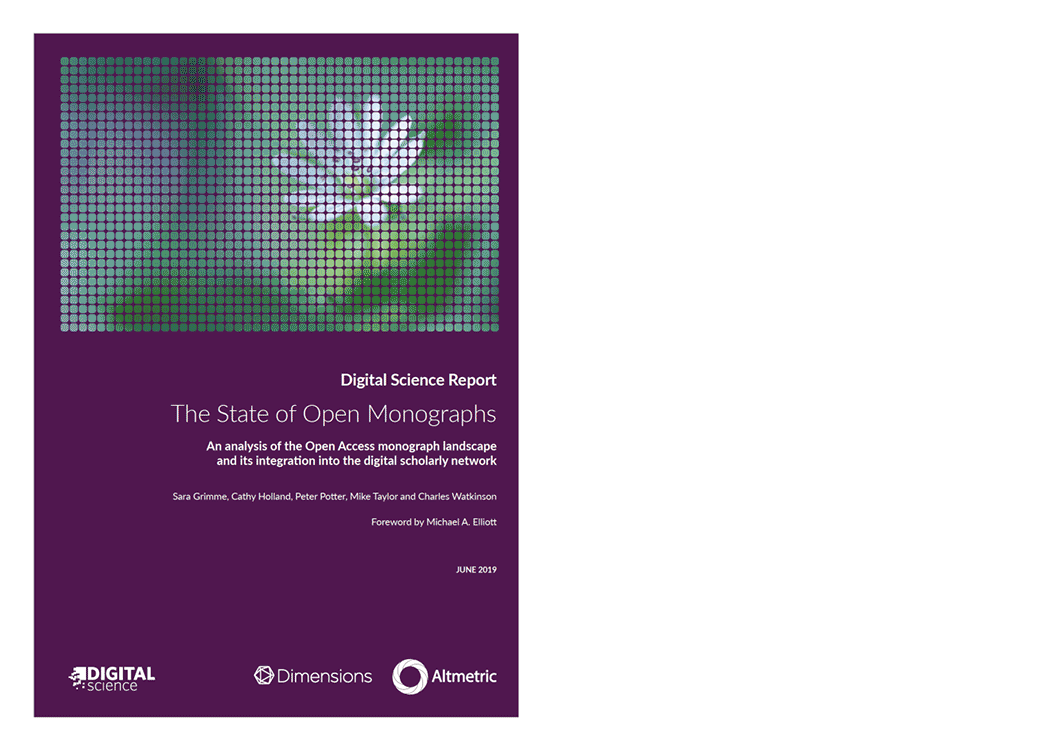
An infographic showing the prevalence of mental health problems in PhD students. It also gives information on how one can overcome these problems.

When we reject failure, we create a culture of punishment, artificial rewards, and scientific bias. There are people running analyses and experiments right now which others will have undoubtedly done before, but just not communicated their results.
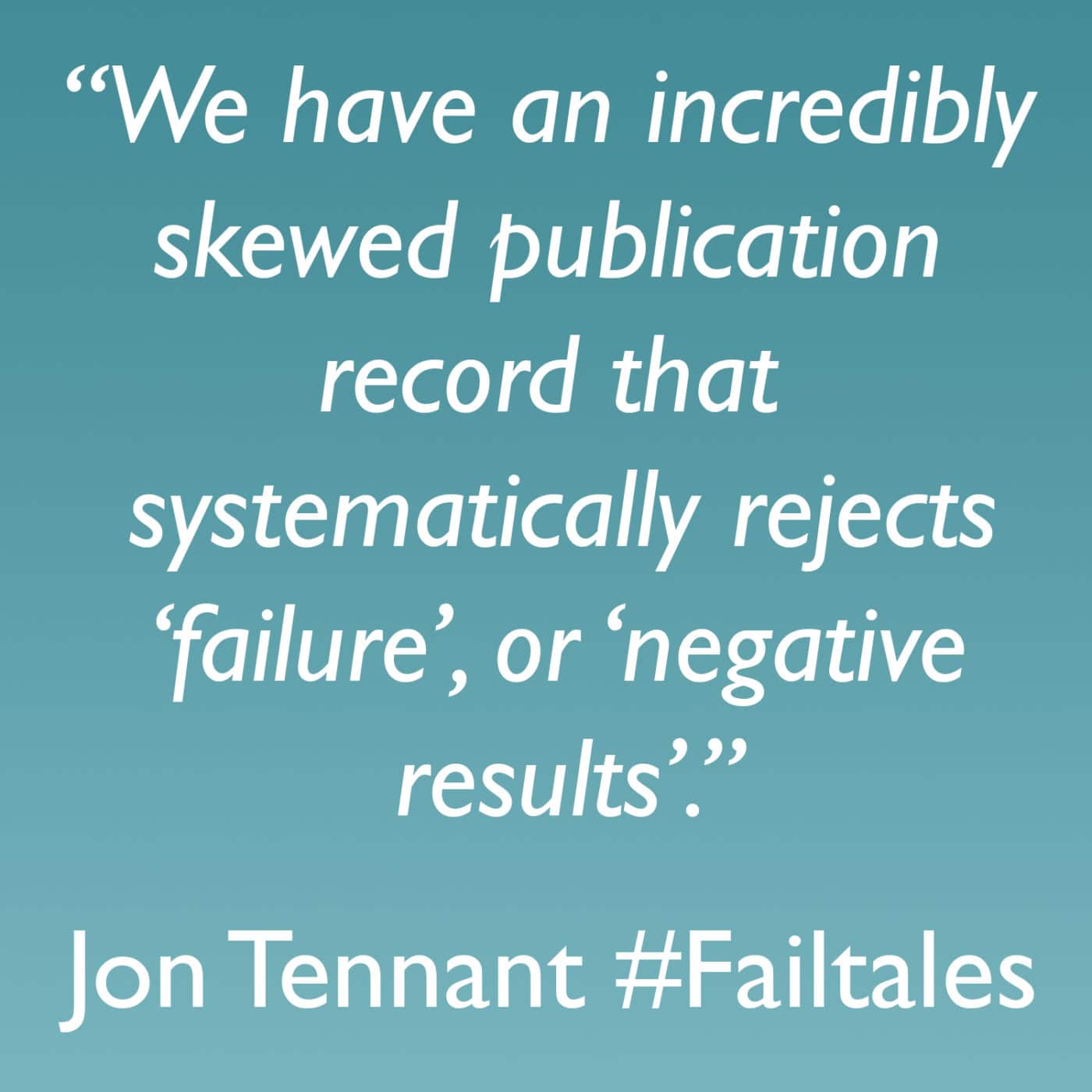
This article by Dr Hélène Draux, Research Data Scientist at Digital Science, and Dr Suze Kundu, Head of Public Engagement at Digital Science takes note of 11th February, the annual International Day of Women and Girls in Science.
The Ascent of Open Access analyses the Open Access landscape since the turn of the millennium. A key finding of the report is that the volume of Open Access articles has clearly been rising in recent years
So, there I was, pipette in hand, doing actual labwork for the first time in a year. How had it come to this? When I started out, I was convinced I was not going to be one of those PIs who is never in the lab.

In October 2018, former Catalyst Grant winner 'Ada Lovelace Day' (ALD) celebrated its tenth year of showcasing the achievements of overlooked women in science, technology, engineering and maths (STEM). Championing for greater diversity in STEM, and changing the culture and demographics of research, is a year-round effort, and one that ALD supports. We wanted to help extend the celebration of women in science throughout the year, but also use the tools we have available to us to scientifically analyse the state of gender imbalance in research, and evaluate whether these are changing over time.
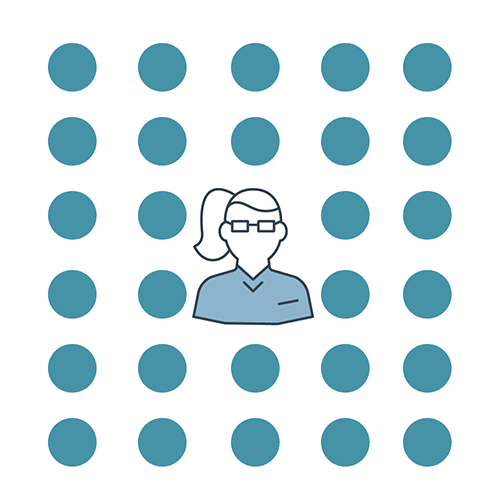
Dimensions by Digital Science (owned by Holtzbrinck Publishing) is a new database that includes not only data about publications and their natural associated citation graph, but also awarded grant data, patent data and clinical data and altmetric attention data.

New report considers the developments and varying perspectives of blockchain technology and its possible impact on the academic arena.
Topic modelling of grant applications, unveiling an innovative and richer understanding of the research activity in these disciplines.
Digital Science continued independence is the best way to have the biggest impact in supporting research, researchers, publishers, funders and research institutions around the world.
Figures, HackScience and HipDynamics, three companies aiming to disrupt the academic space.
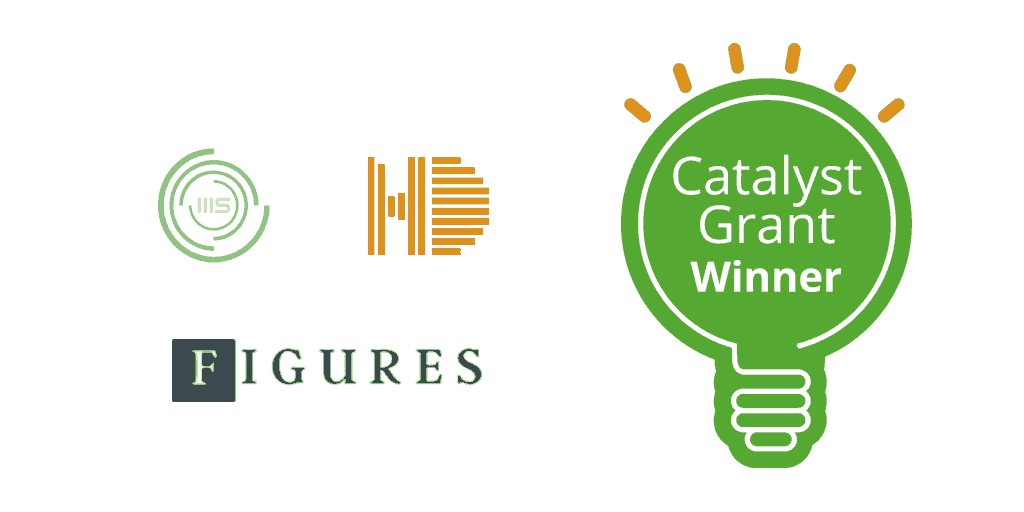
New report looks at real-time global research collaboration for the first time, uncovering a new picture of collaborative research.
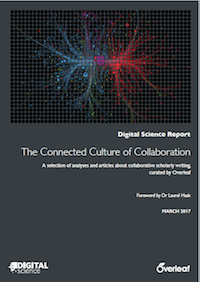
Report highlighting the need for a reference database of research organisations.

Figshare announced a new partnership with Springer Nature to support BioMed Central and SpringerOpen authors who wish to openly share their supplementary data. Figshare are now hosting additional files from more than 300 BioMed Central and SpringerOpen journals.
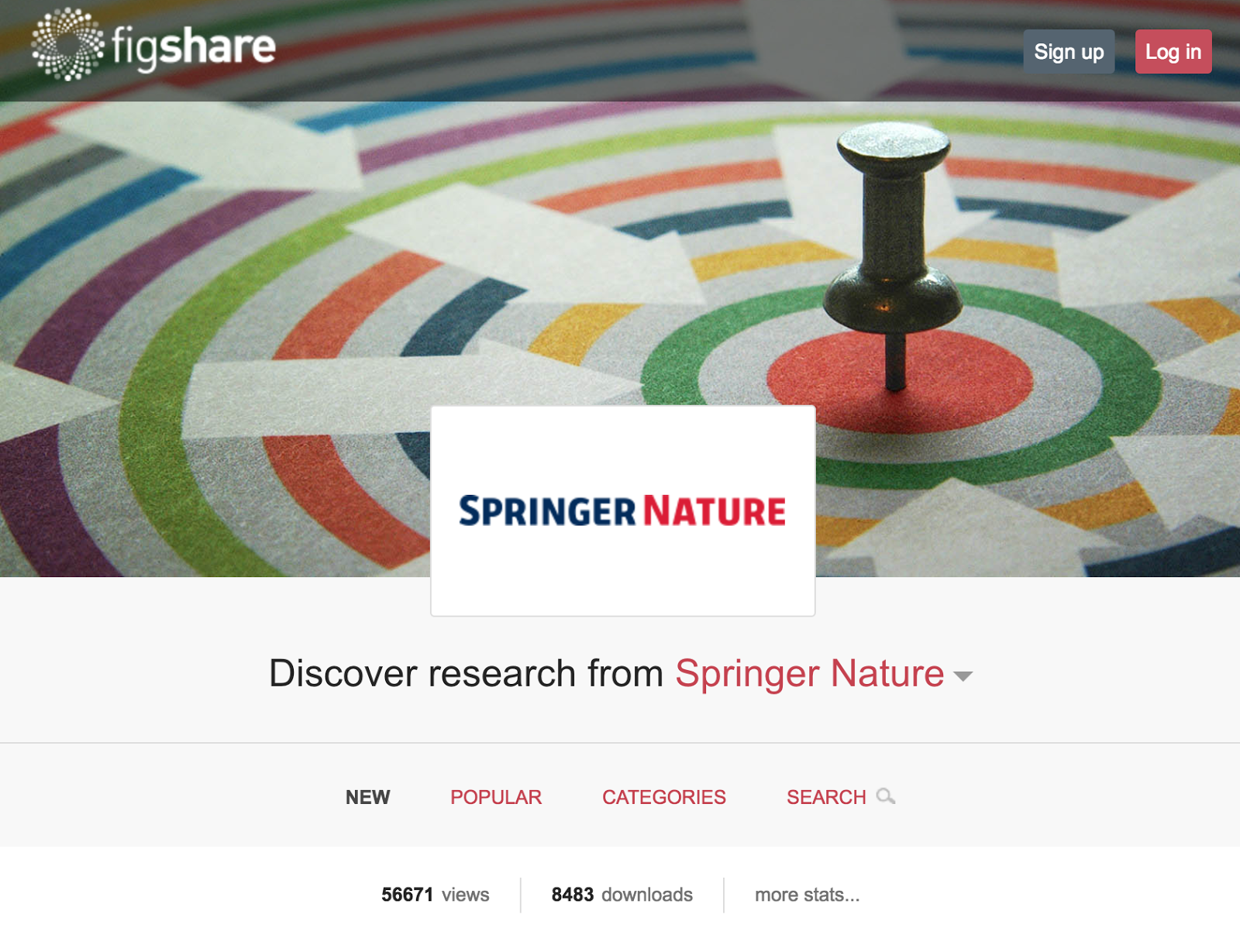
GRID’s comprehensive database of over 66,000 global research organizations now available under a CC0 license, allowing users to make full use of the database releases with no need for attribution.

Figshare announced a new partnership with Royal Society to increase research data discoverability.
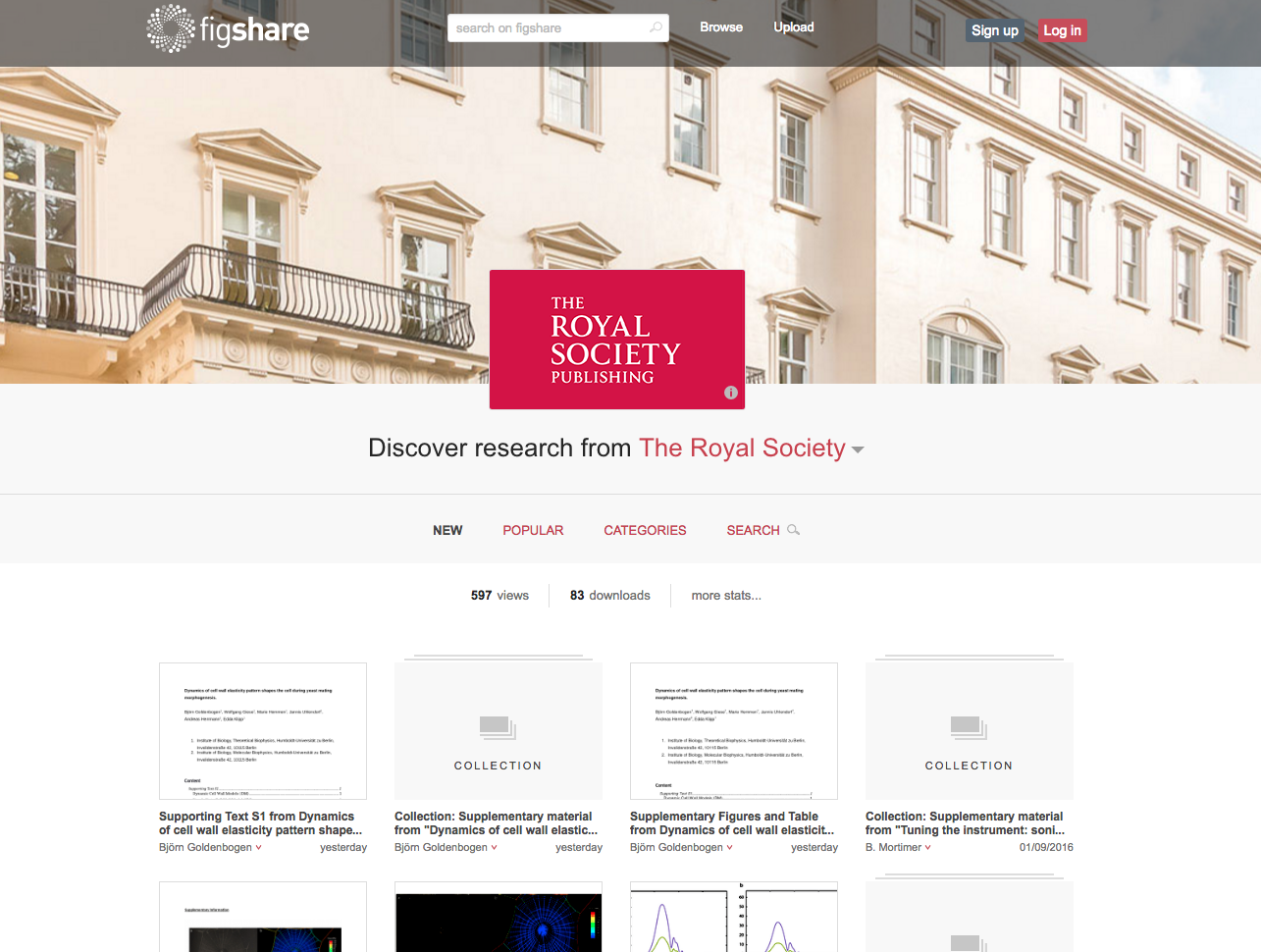
Etalia, Simiary and Writefull, three companies aiming to disrupt the academic space, are the latest recipients of the Catalyst Grant award for innovative startups.

There is no perfect metric. There is no number or score which fully encapsulates the value, impact, or importance of a piece of research. While this statement might appear obvious, research evaluation and measurement are a fact of life for the scientific research community.
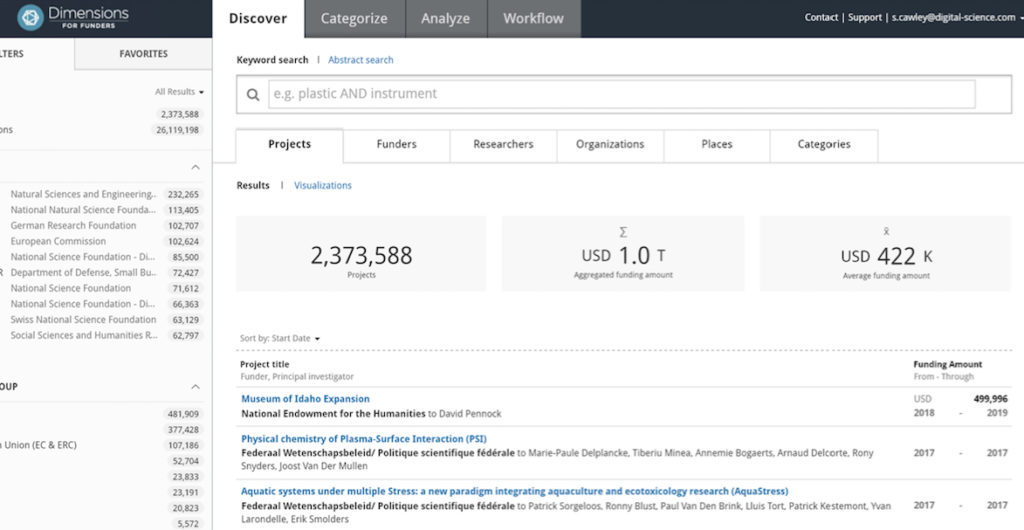
Ever since Eugene Garfield first began to analyse citation patterns in academic literature, bibliometrics and scientometrics have been highly pragmatic disciplines. By that, I mean that technological limitations have restricted measurements and analyses to what is possible, rather than what is ideal or theoretically desirable. In the post-digital era, however, technological limitations are increasingly falling …
